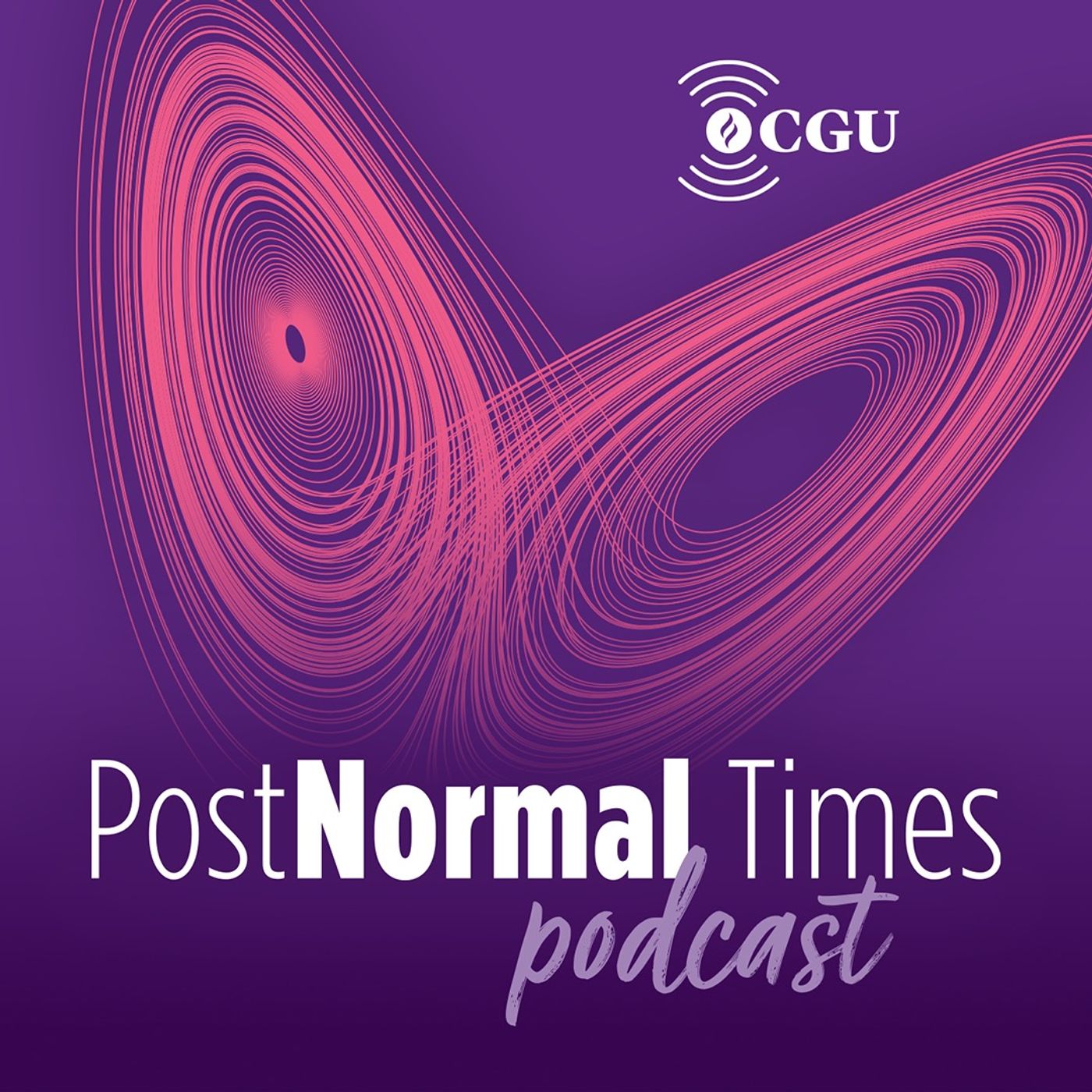The Llama on the Cow Farm
Host Andrew Vosko welcomes this episode’s guest, David Maggs, Fellow on Arts and Society at the Metcalf Institute, a Toronto-based institution focused on the performing arts, climate, and poverty reduction.Maggs describes his background at foundations in Canada and Europe, including the Institute for Advanced Studies and Sustainability in Potsdam, Germany, and the trail back to the University of Toronto and the University of British Columbia.Vosko directs the conversation toward the notion of transformative change. Maggs describes growing up in Newfoundland and experiencing the cod moratorium in the 1990s, the collapse of the cod fishing industry, the primary industry for the region. He observes how the historical moment of living through the collapse of a culture has informed him in a variety of different ways.From this example of a “world collapse,” Vosko extracts transdisciplinary notions including “situated knowledge” and “lived experience,” as well as the challenge to metaphysics.Maggs discusses how “world collapse” became more directly biographical in his experience as a professional classical pianist, when, in 2008, the Canadian Broadcasting Corp. (Canada’s equivalent of the BBC) suddenly ended its subsidy of classical music.Maggs responds to Vosko’s observations about how such crises lead to various choices, including whether to join a new world, create a new world, or adapt oneself to fit into the changing world. Vosko and Maggs discuss the emergent nature and capacity for adapting to different crises via personal transformation and reinvention. Maggs discusses how he went from the art space to the world of sustainability.Vosko relates the notion of world collapse to his own experience growing up in Detroit in the shadow of the American automobile industry crisis and how it related to a “systems understanding” of the world.Maggs details the integration of his arts experience into the study and practice of sustainability. Vosko connects Maggs’ move to the need many have to study things that reflect their values, as well as the potential clash – especially in highly polarized times – with the values of an institution, organization, political movement, or even the discipline itself.Maggs details the integration of art and sustainability science.Noting that he works in two worlds – arts and academia – Maggs expresses concern over the decline in the appetite and capacity for disagreement, and how students are currently under great pressure to conform ideologically and expressively.Vosko and Maggs discuss the capacity to frame questions in generative ways to circumvent dogmatism.Vosko discusses how we are dealing with the residue of modernist philosophy that assumes there are “correct” answers to complex problems, versus emergent ways of thinking.Maggs likens the challenges of the early years working in the arts and sustainability to being a “llama on a cow farm.” Since that time, he observes, there has been an explosion of interest in the role of the arts in addressing complex problems.Maggs identifies the significant factors in moving the needle on sustainability. What exactly is transformative change and how does it happen? Maggs talks about what has been missing from the sustainability equation: the notion of being. Maggs relates the transformative change in Canada to the emergence over the last two decades of indigenous identity among the constituency that had experienced the cod moratorium.

49m